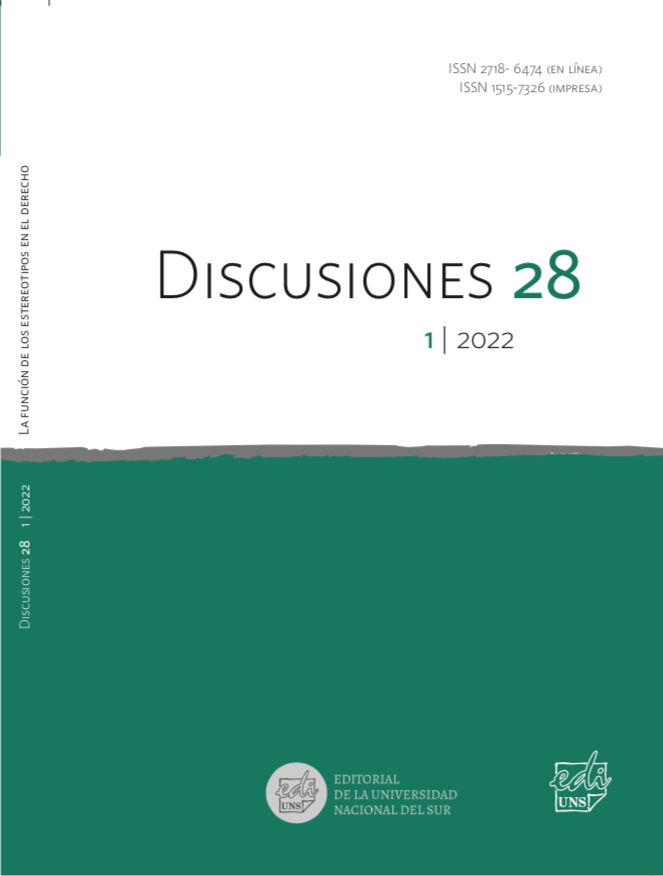Dominic Ongwen at the International Criminal Court: A feminist analysis on international crimes and complex subjectivities in war
DOI:
https://doi.org/10.52292/j.dsc.2022.3338Keywords:
Dominic Ongwen, Feminist Theory, International Crimes, International Justice, AtrocitiesAbstract
In February 2021, the International Criminal Court convicted Dominic Ongwen, a former child soldier and later commander of the Lord’s Resistance Army (LRA), on 61 counts amounting to crimes against humanity and war crimes committed between 2002 and 2005 in Northern Uganda. In this article, I reflect on the crimes attributed to Ongwen by the Court and on his status as a victim-perpetrator. I thus scrutinize what is said and silenced in the judgment from a gender and feminist perspective. I will defend the thesis that the case opens a new reflection opportunity on the paradoxes of the punitive drive of the international feminist struggle, and on the difficulty of overcoming radical binaries within the realm of international criminal law.
Downloads
Published
Versions
- 2024-09-15 (2)
- 2022-07-04 (1)
How to Cite
Issue
Section
License
Copyright (c) 2022 María Daniela Díaz Villamil

This work is licensed under a Creative Commons Attribution-NonCommercial 4.0 International License.
Discusiones does not withhold rights of reproduction or copyright. Consequently, authors may share the final versions of publications.


